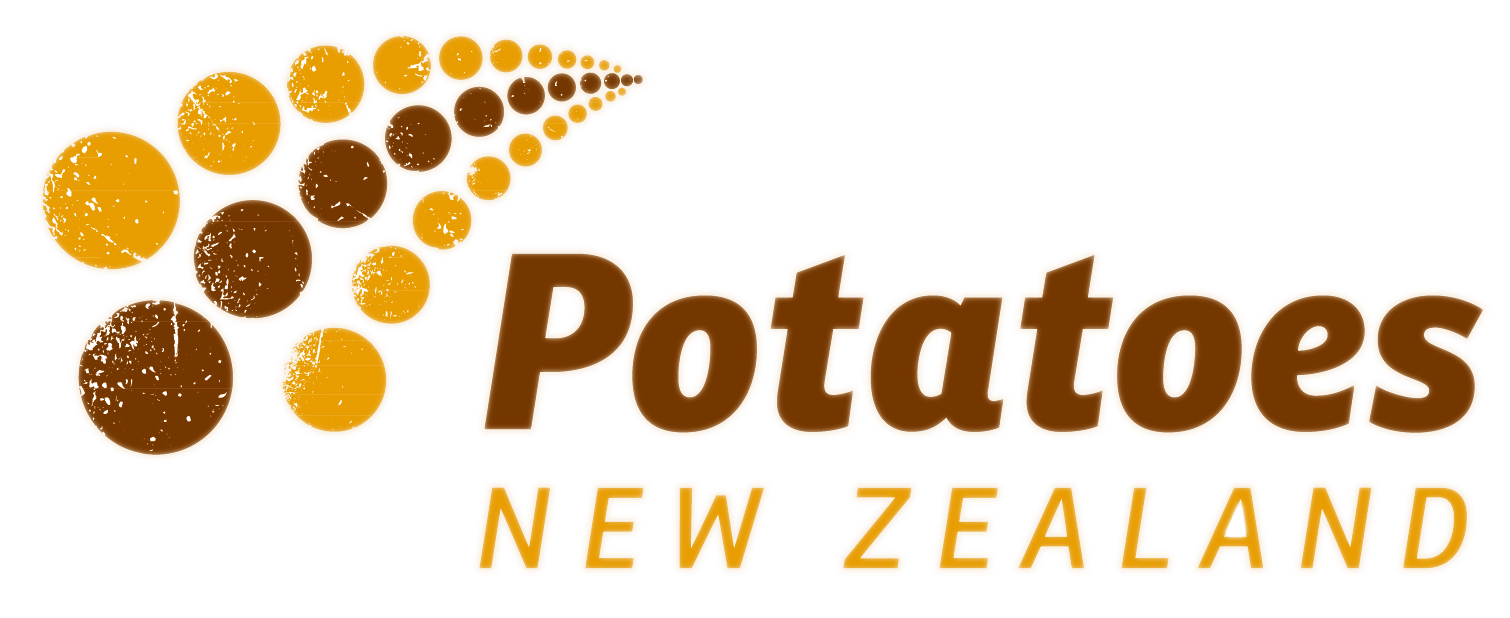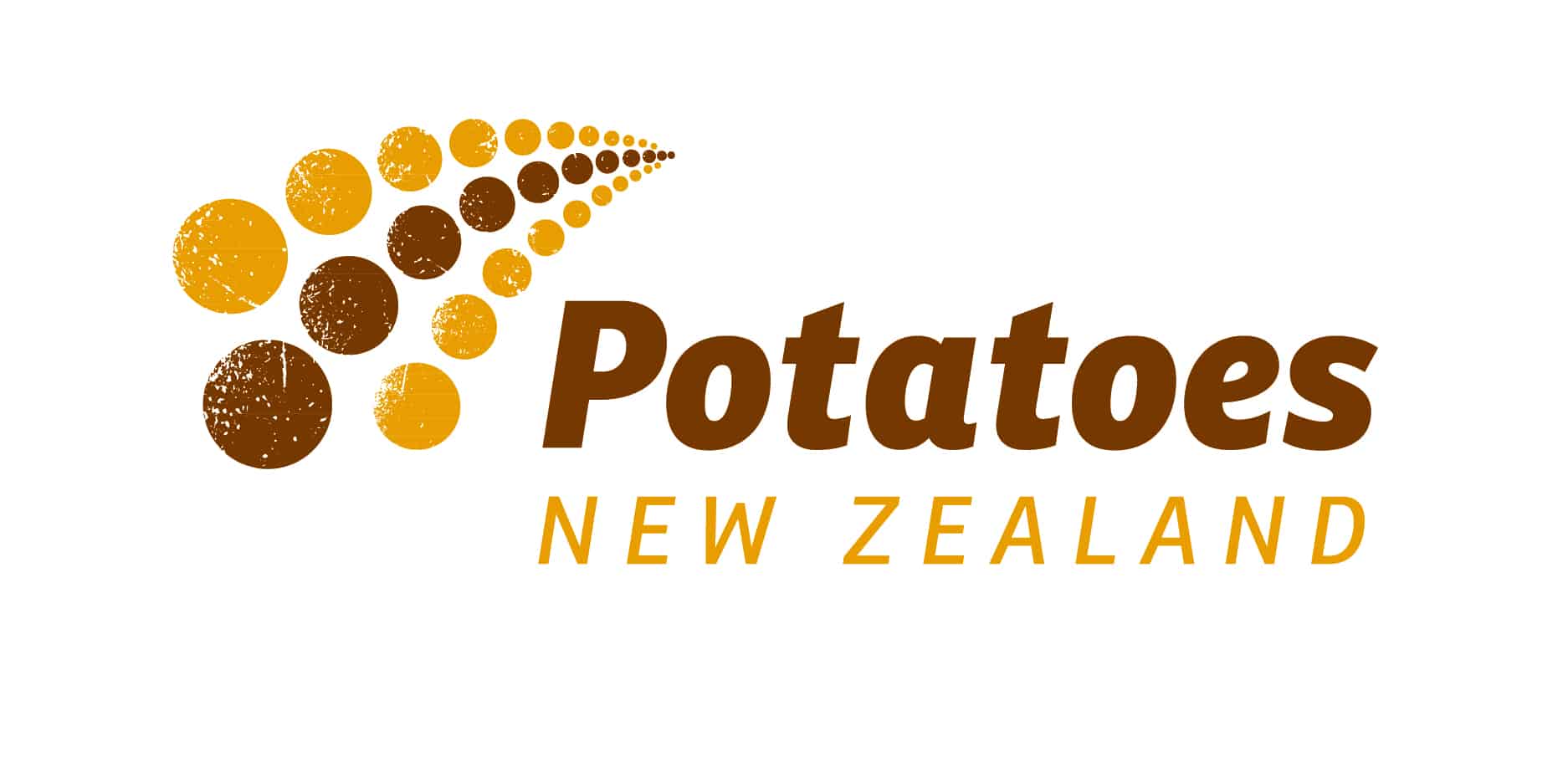POTATOES NEW ZEALAND MEDIA RELEASE
Embargoed Date: 3rd September 2020 2pm
Media contacts:
PNZ: Gemma Carroll 027 240 4682 Trzzn.Pneebyy@cbgngbrfam.pb.am
PFR: Emma Timewell 0212429365 Rzzn.Gvzrjryy@cynagnaqsbbq.pb.am
MPI: Leigh Strange 021571265 Yrvtu.Fgenatr@zcv.tbig.am
A project to boost vegetable growers’ efforts to care for the health of the environment while supplying fresh, healthy food, has received $4.7 million in government backing from the Ministry for Primary Industries (MPI).
The funding adds to the $2.8 million already invested by industry into Sustainable Vegetable Systems, a four-year project, focused on improving crop nutrient management for the growing of potatoes, onions, brassicas, butternut squash, carrots, and leafy greens.
MPI is investing in the project from the Productive and Sustainable Land Use package, which promotes farming and growing practices that deliver more value and improved environmental outcomes.
Theproject was established by Potatoes NZ, partnering with Horticulture New Zealand and vegetable groups Onions New Zealand, Vegetables New Zealand, Processed Vegetables New Zealand, and NZ Buttercup Squash, under their umbrella of the Vegetable Research and Innovation Board.
“This project will give growers the ability to accurately manage nutrient flows, while meeting demand for quality produce, meaning better environmental outcomes,” said Potatoes NZ CEO, Chris Claridge.
MPI’s Director for Land, Water and Climate Policy, Charlotte Denny, said having robust tools to measure their environmental impact will help growers operate more efficiently, and reduce nitrate leaching.
“This is an important industry-led programme, and the scientific data gathered will inform and help develop decision tools for growers to support more sustainable growing practices”, Charlotte Denny said.
Plant & Food Research is undertaking the work to quantify and model nitrate leaching. The project will engage with vegetable growers around New Zealand, providing tools to help them apply effective nitrate management techniques suited to their land and operations.
The Sustainable Vegetable Systems project will have nine commercial field sites across the country in Canterbury, Hawke’s Bay, Horowhenua, Waikato and Pukekohe as well as trials at Plant & Food Research facilities in Lincoln and Hawke’s Bay.
Chris Claridge said this project will give the vegetable growing sector improved tools to estimate nitrate leaching, an area where the sector is currently underserved.
“This project will enable growers to assess which management techniques will best reduce their risk of nitrate leaching, so they can confidently make changes in practice,” Chris Claridge said.
David Hadfield, Chair of the VR&I Board says that the Board, and the vegetable product groups it represents, strongly advocate for science that supports vegetable growers to build on their current knowledge, and improve their monitoring and management of nitrate leaching.
“This work will underpin the ability of vegetable growers to keep producing fresh healthy vegetables using the most sustainable approaches,” David Hadfield said.
“Ultimately, this will ensure a more prosperous, vibrant and sustainable New Zealand for many generations to come.”



